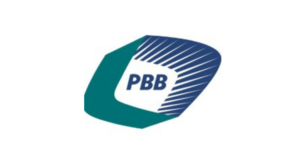Finance Secretary Ralph Recto said the Bureau of Internal Revenue (BIR) was on track to meet its revenue target this year, although it might not be the same for the Bureau of Customs amid an ongoing global disinflation that may lower import costs.
Speaking to reporters, Recto said he expected the BIR to cap 2024 with total collections of P2.86 trillion, above the P2.85-trillion goal of the agency, based on latest documents from the budget department.
But Recto said the BIR, which typically accounts for 80 percent of state revenues, would have posted a bigger haul of P3.5 trillion this year had all of the proposed tax measures of the Marcos administration been passed.
READ: Gov’t sets higher BIR, BOC revenue collection target for 2025
Among the Department of Finance priority measures are the value-added tax (VAT) on digital service providers (DSP), the imposition of excise tax on single-use plastics, package 4 of the Comprehensive Tax Reform Program; the rationalization of the mining fiscal regime; and the reform on the motor vehicle users’ charge.
But among those pieces of legislation, only the VAT on DSP made it out of the legislative mill this year and was signed into law.
A slower economic growth also weighed on BIR collections, Recto said. As it is, many multilateral lenders and think tanks expect the economy to grow below the revised 6 to 6.5 percent target of the Marcos administration in 2024.
“It [BIR collection] is still double-digit growth,” the finance chief said. “Hopefully, we get those new tax measures.”
Data showed that BIR collections had amounted to P2.42 trillion in the first 10 months of the year, up by 13.49 percent year-on-year.
Customs revenues
Meanwhile, Recto expects Customs collections for the entire 2024 to settle at “a little less than P940 billion.” Figures showed that the bureau’s 10-month revenues had risen by 5.32 percent year-on-year to P777.6 billion, accounting for 82.75 percent of the P940-billion collection target of the agency for this year.
The finance chief acknowledged the “challenging” landscape for Customs amid slowing inflation around the world that allows traders to purchase imported goods at cheaper costs, which can lower the base for computing taxes. —Ian Nicolas P. Cigaral


